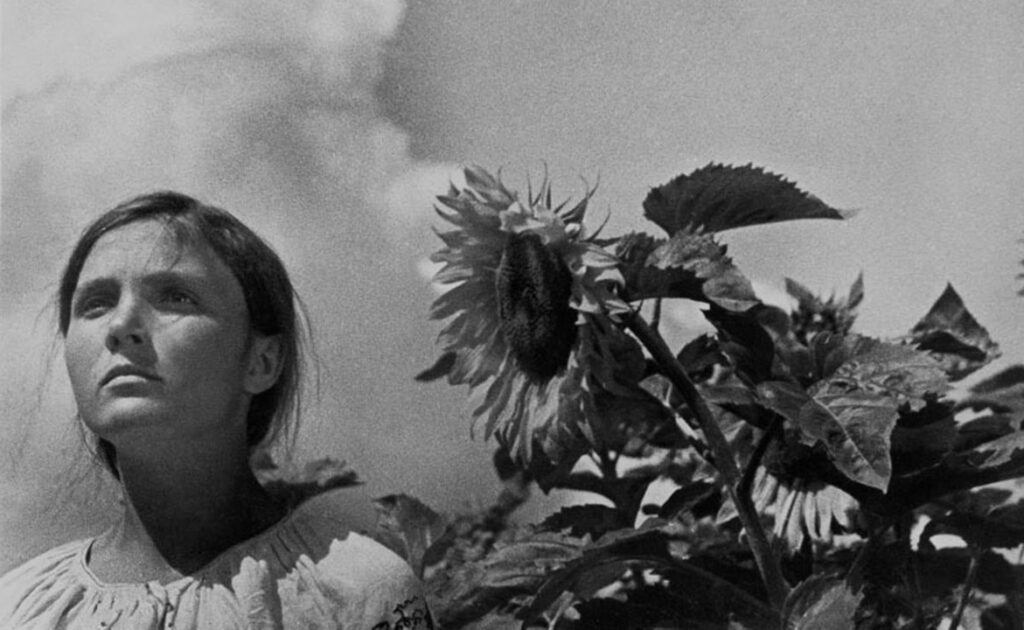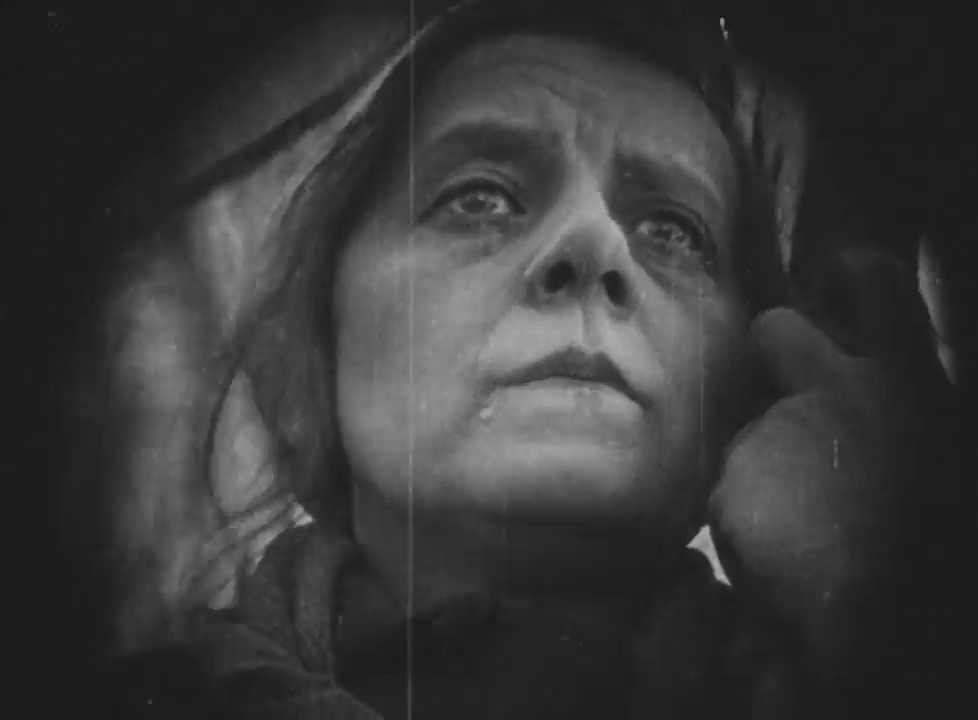Earth (1930)
The symbiosis between man, machine, and nature is a delicate dance in Earth, choreographed with seamless synchronicity through Oleksandr Dovzhenko’s lyrical montage editing, and celebrating the collectivist return of farming land back to the workers in the Soviet Union’s early days.


